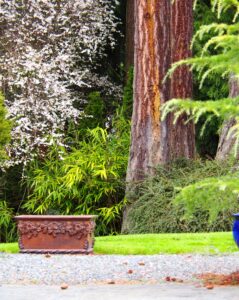 We really must be heading into spring, because it is time already to give our lawns their first cut of the year.
We really must be heading into spring, because it is time already to give our lawns their first cut of the year.
This always seems to come as bit of a rude shock (to me, anyway) particularly if the weather is not being at all spring-like. Yes – I am a very fair-weather gardener. I know that there are many others (no doubt gardening betters) who treat the whole business in the same manner that some people do fitness… the tougher and more hideous the conditions the more they seem to relish it.
”Let me at it!” they cry, as late winter storms sweep in. “I can’t wait to hit the wall!”
Peculiar behaviour if you ask me (and I am well aware that you did not!)
Anyway – where was I?
Ah – yes… The thing is that each day during the week I am obliged to trot up the road to our community postbox. This, naturally, entails passing by the gardens of our neighbours and – whereas the English have a fondness for hiding their gardens away behind high walls – here in Canada they like everyone to be able to gaze upon their efforts. It is as a result quite clear who has done the deed (in the lawn mowing sense) and who has not. I can let the early adopters get away with it but there comes a point at which weight of numbers makes clear the democratic will. The verdict? Time to cut the mustard (and the grass)…
Anyway – ‘tis done.
Now, of course, other and tougher questions arise. Should I lime the lawns again (yes!)? Should I fertilise (also yes) and if so with what combination of chemicals? Should I start to bag my clippings or let it mulch the lawn (not sure)? Should I take on the moss (noooooo!) or learn to love it and live with it (nods head furiously)? Should I be focusing so much on the grass when everything else in the garden is also wide awake and demanding attention (whistles a jaunty tune and pretends not to have heard the question)?
Oh well – at least it helps me to stay fit(ish)…
Roll on the summer – say I!

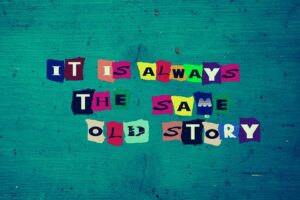


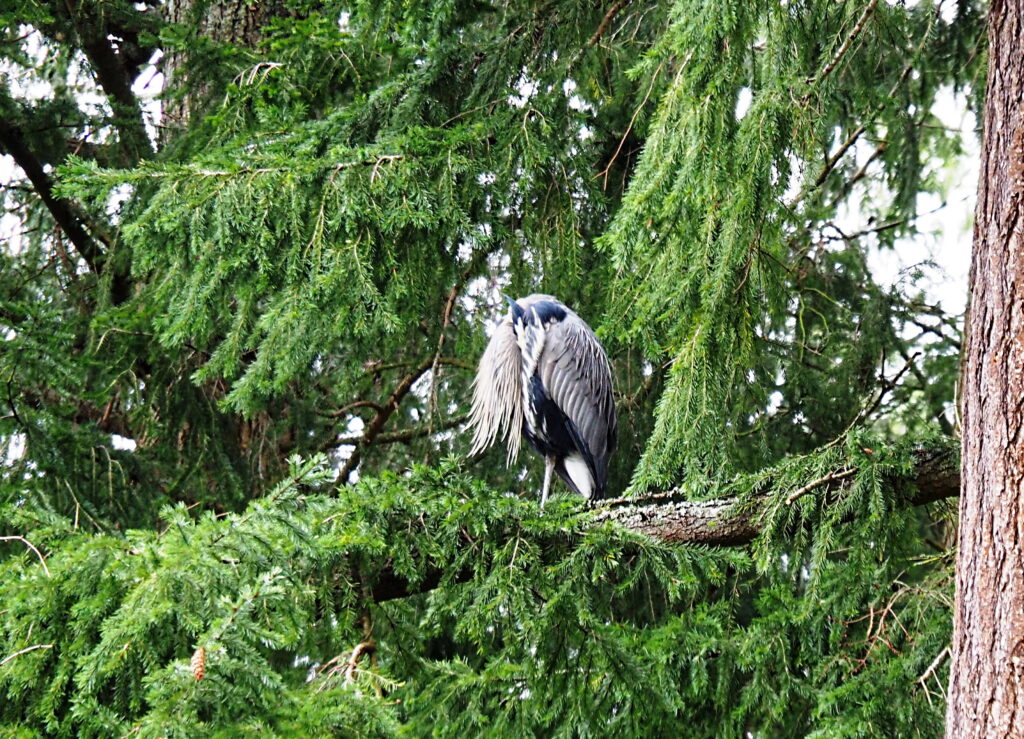
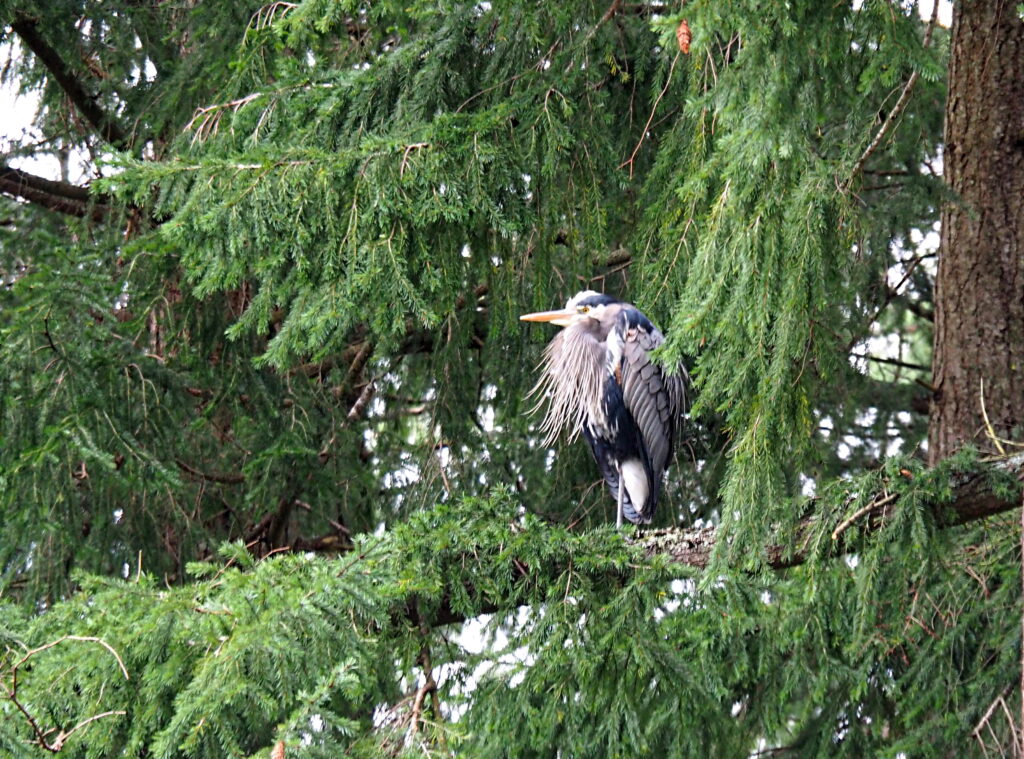
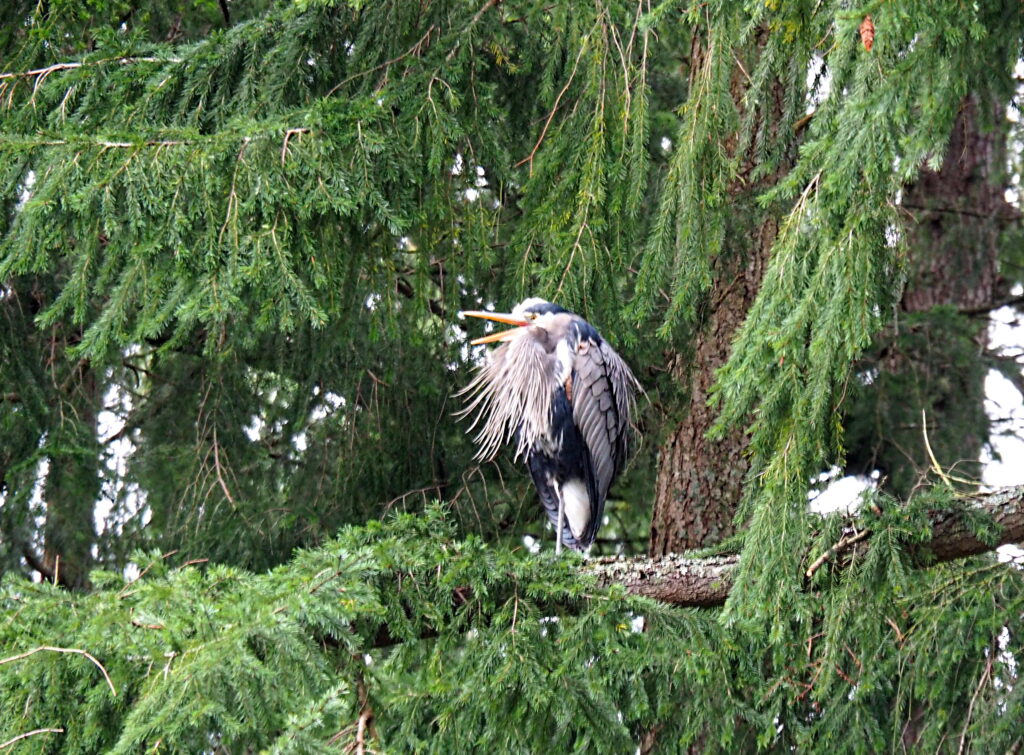


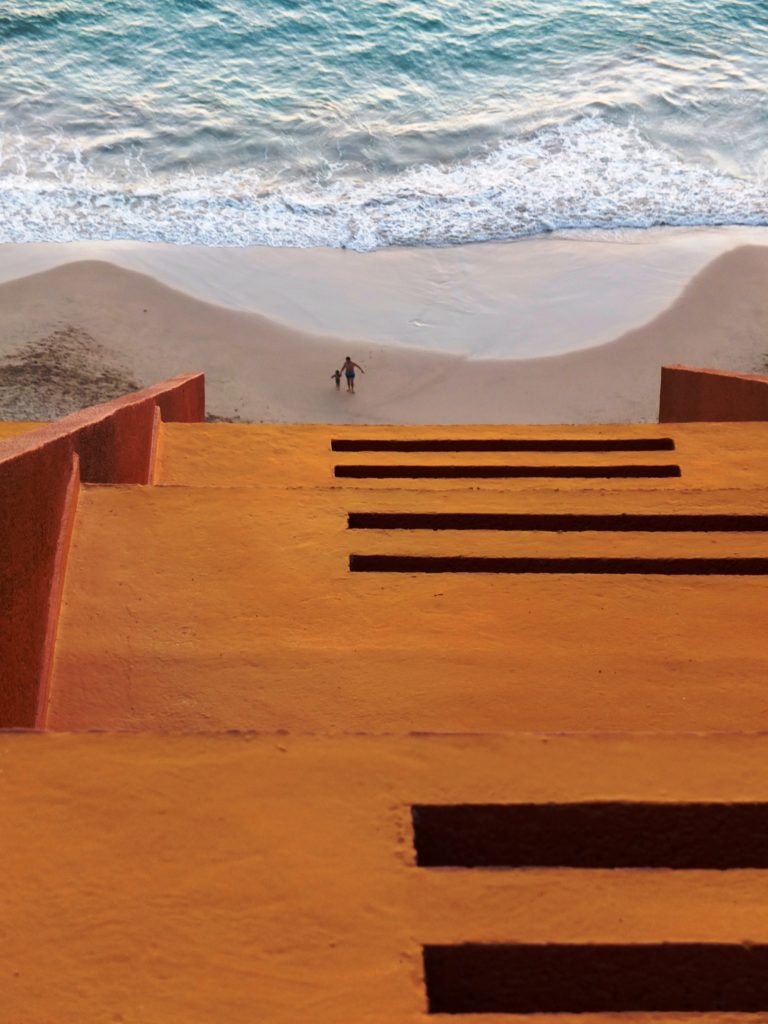


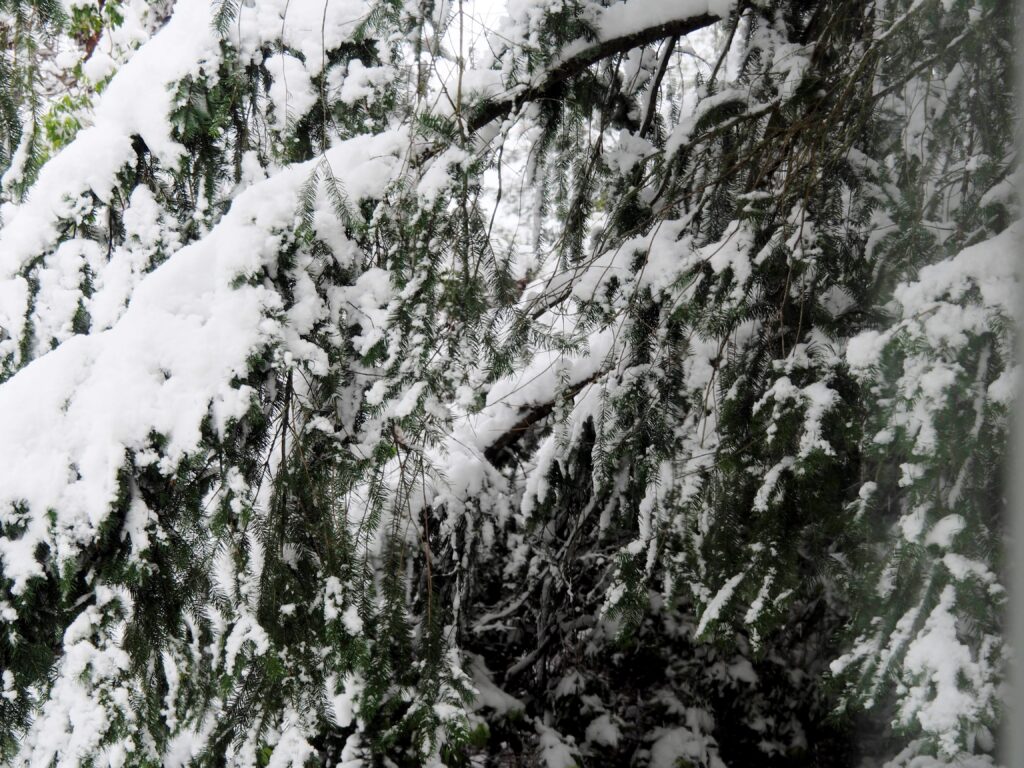
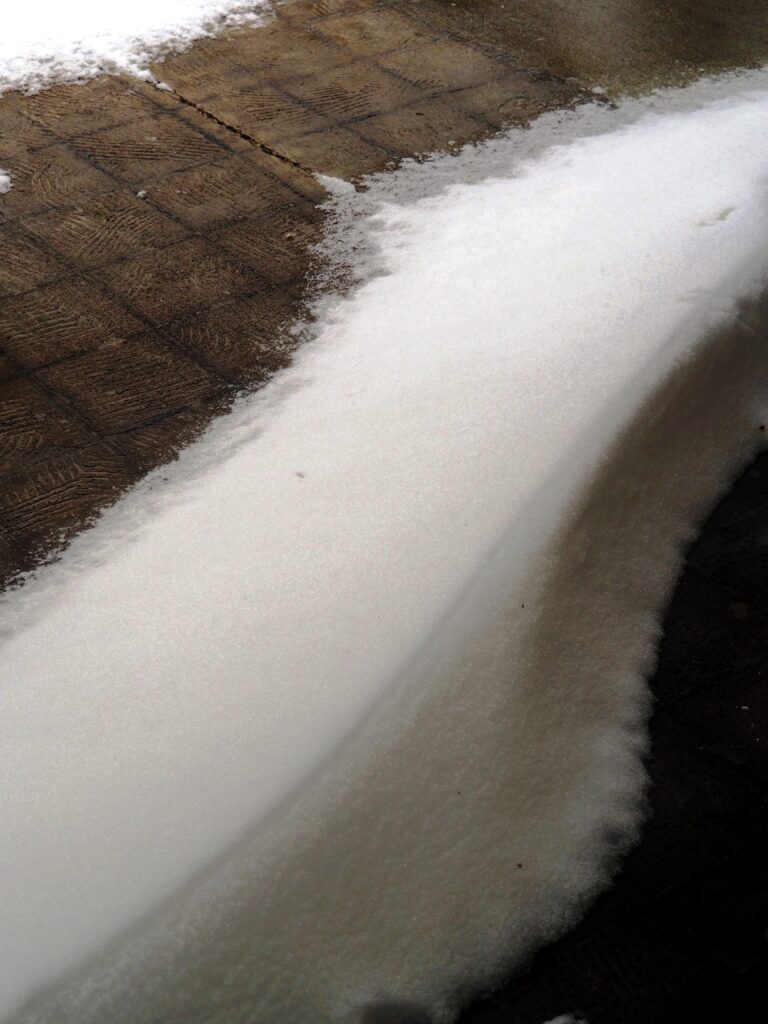
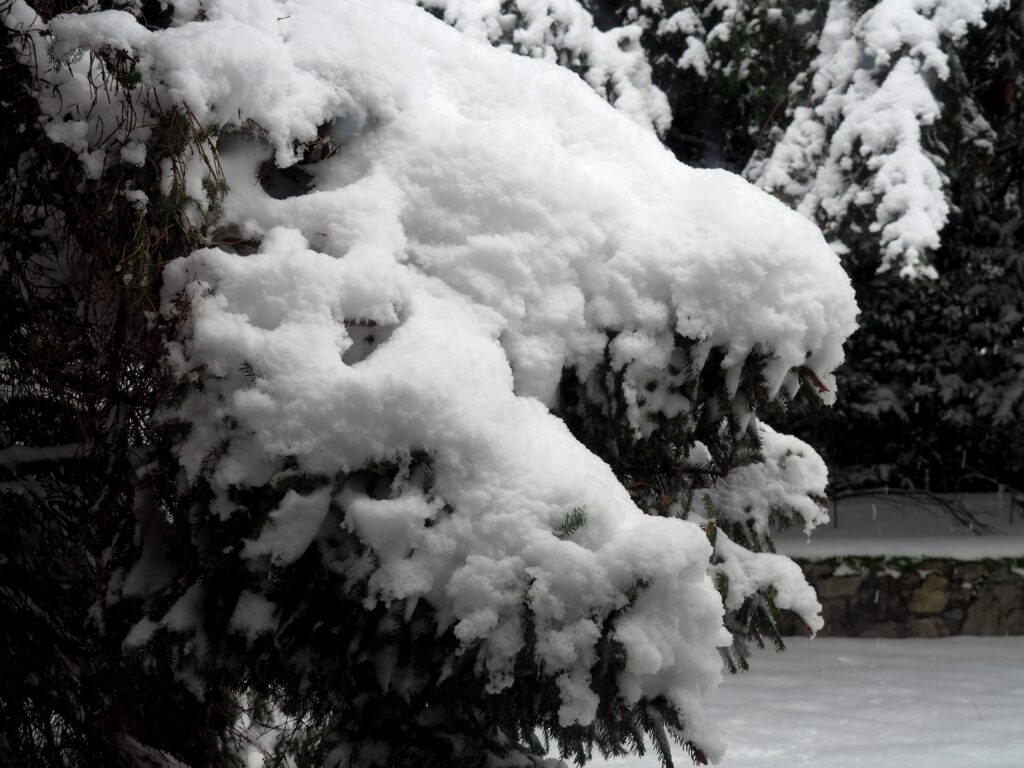
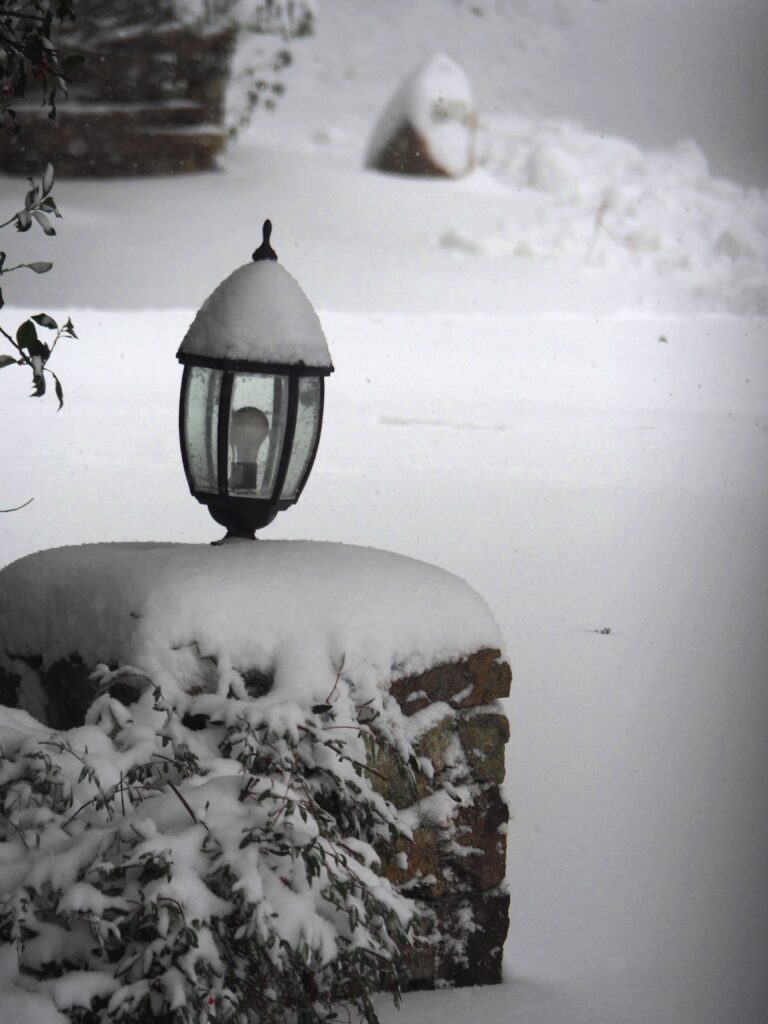
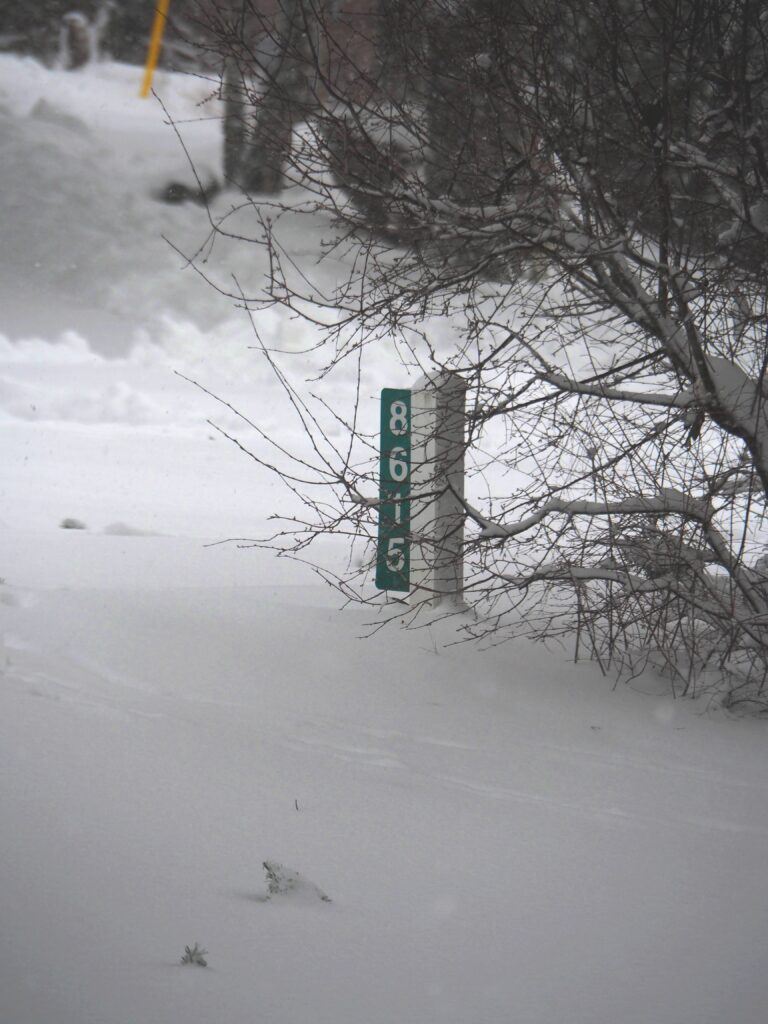
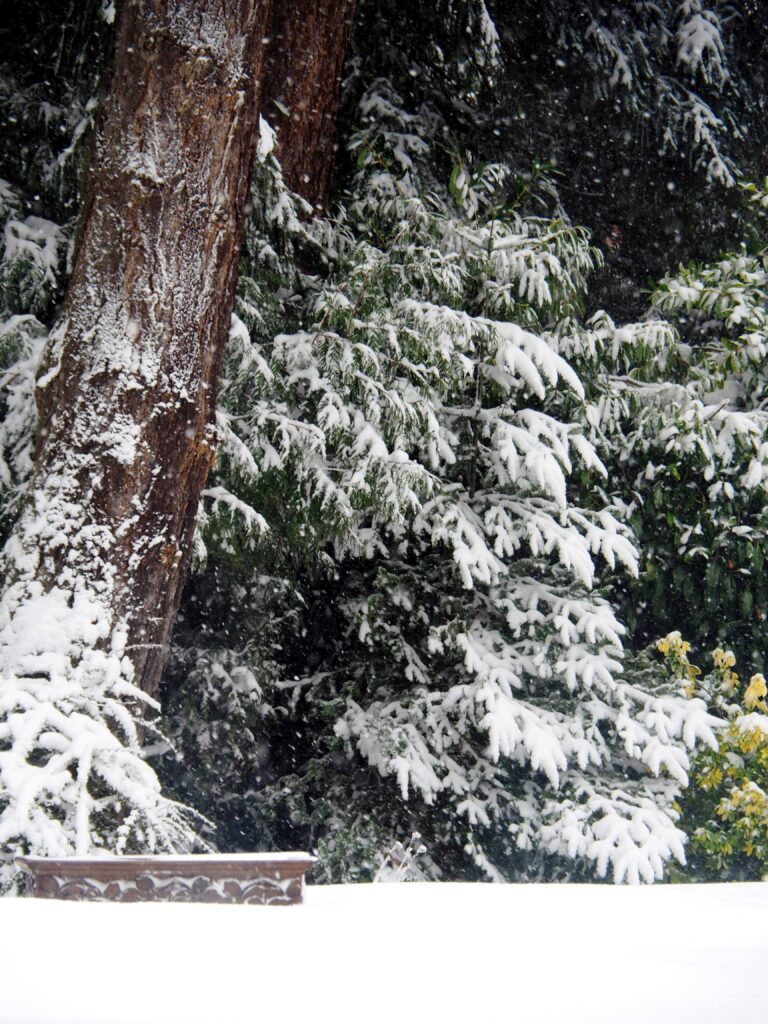
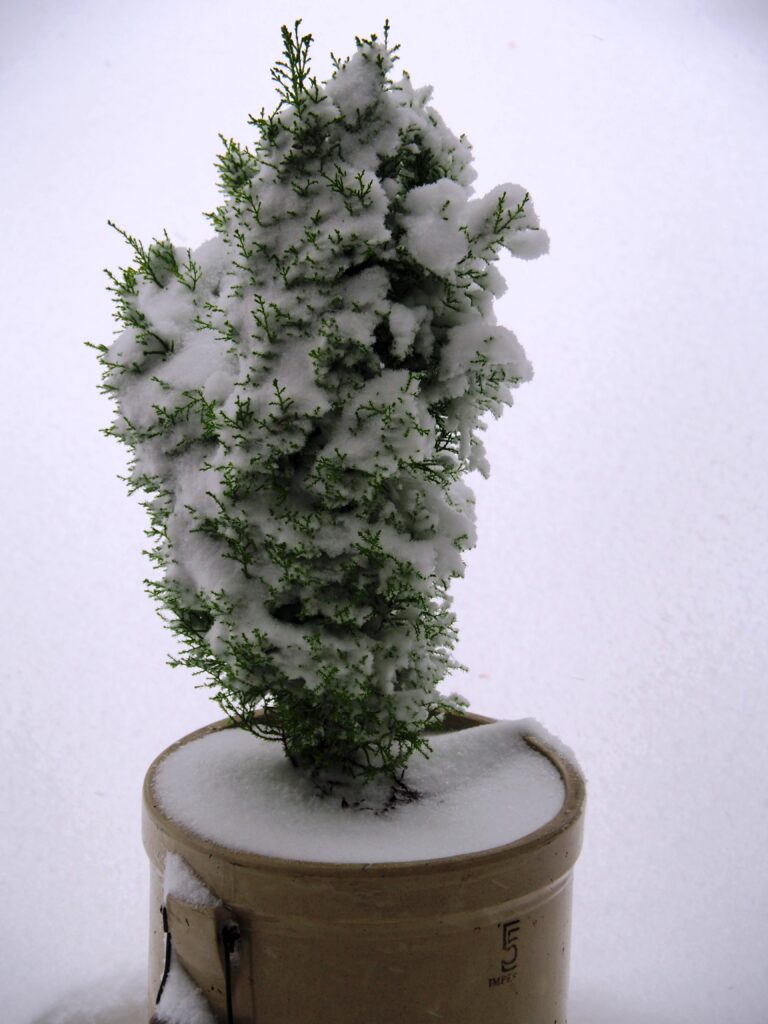
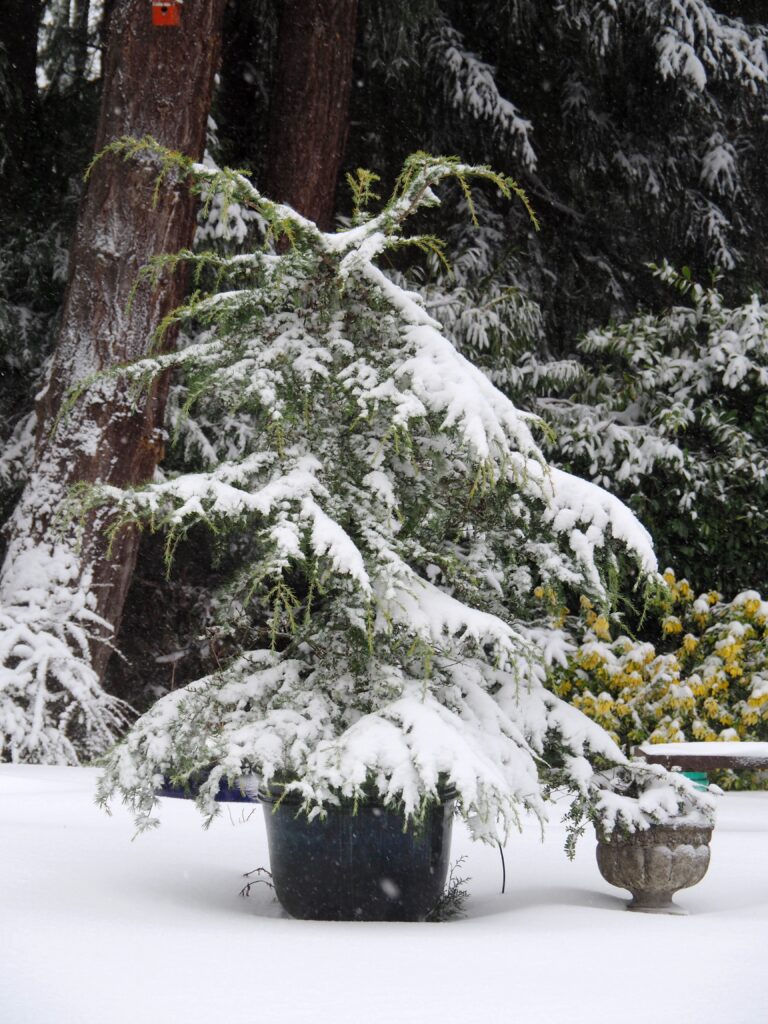
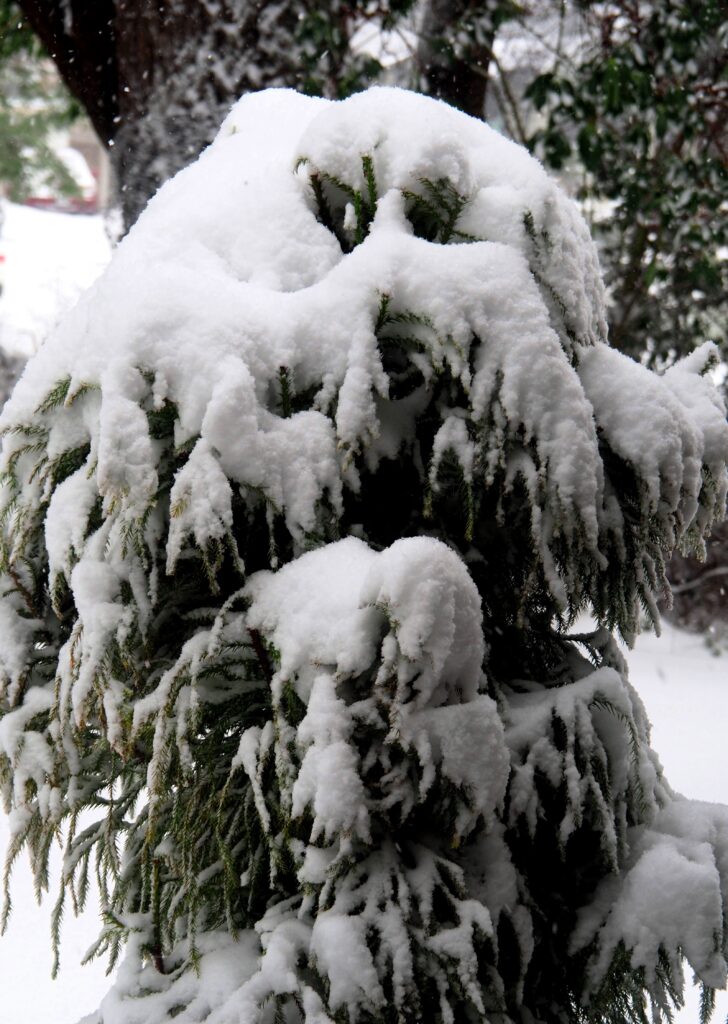



Recent Comments